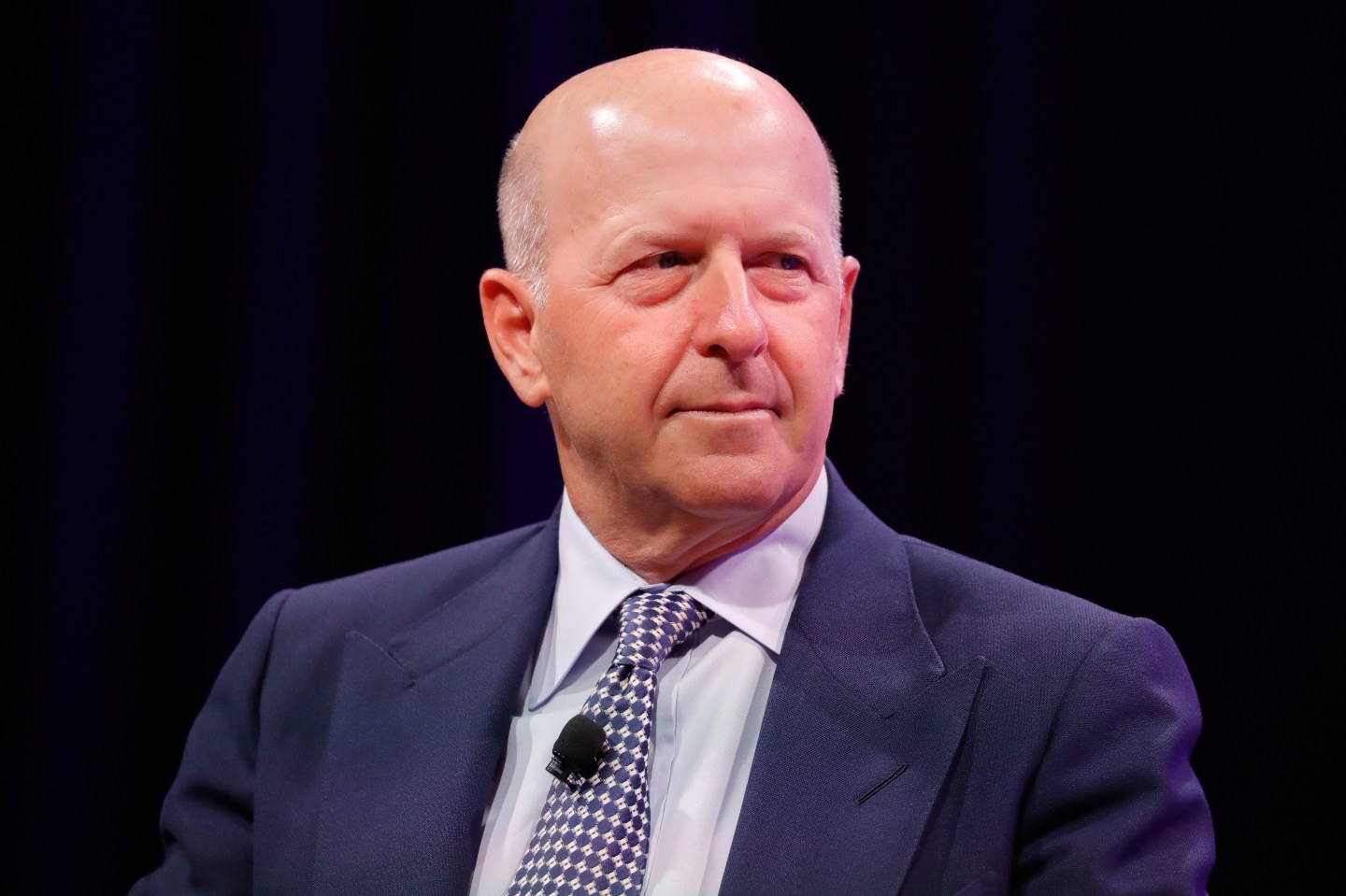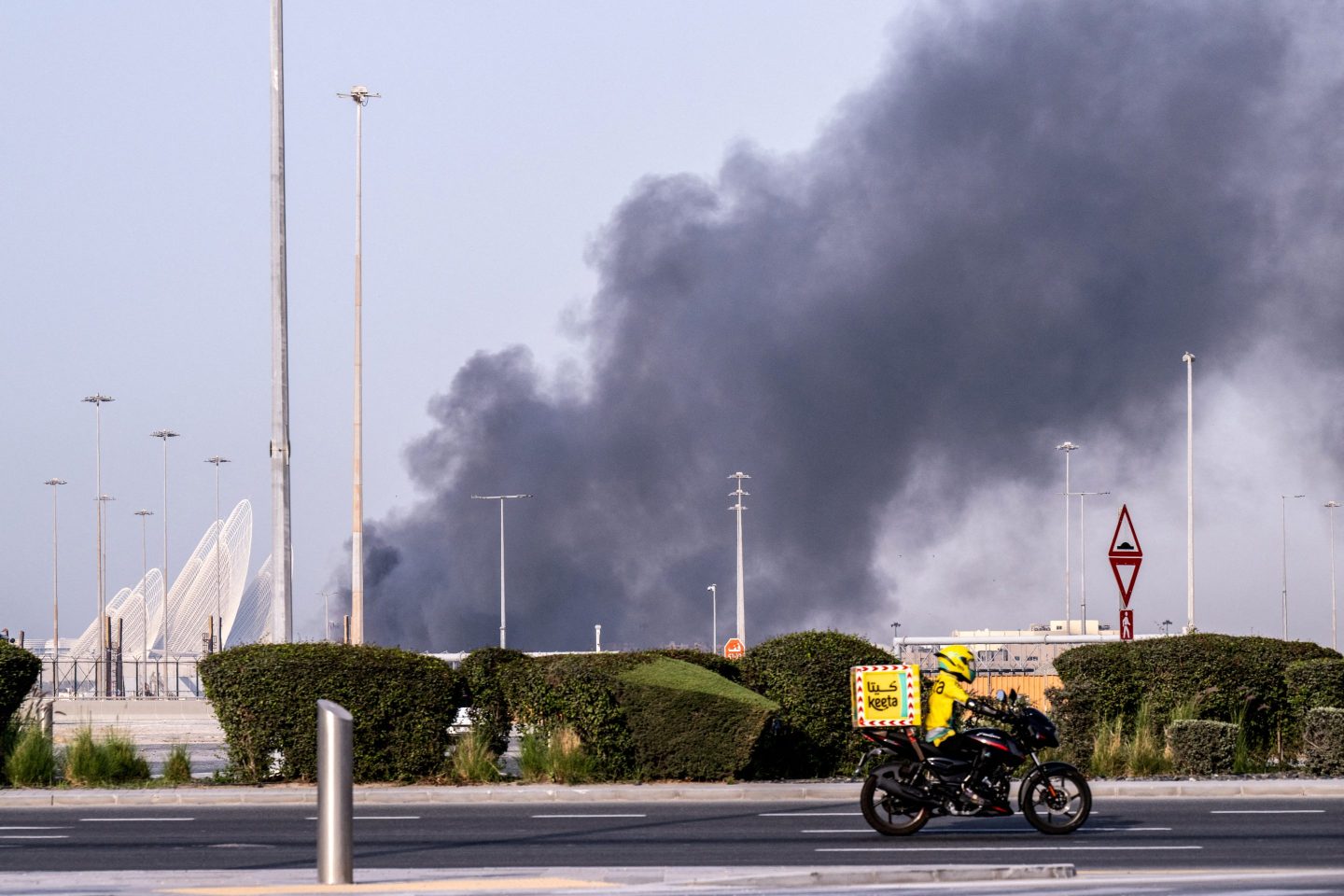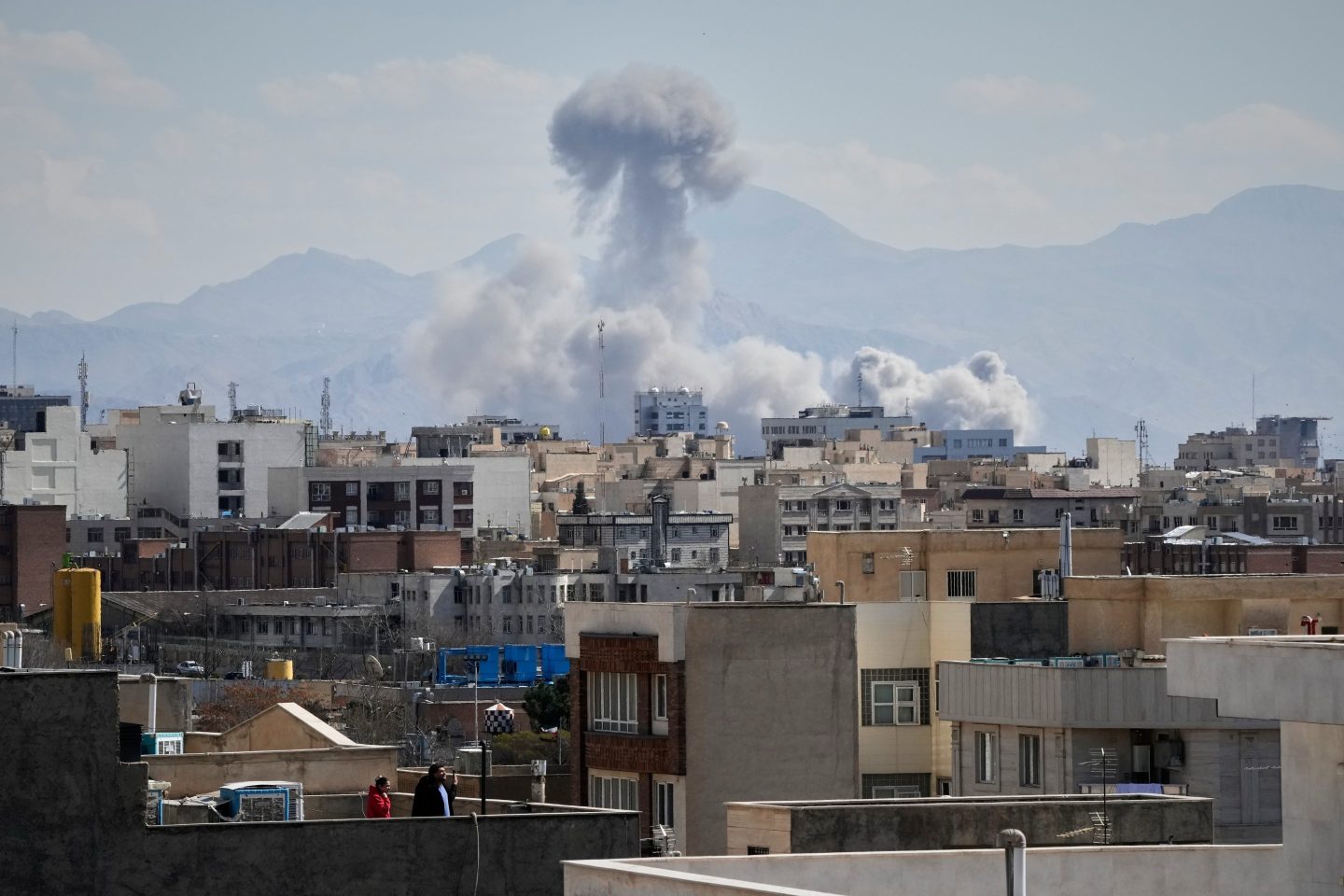Goldman Sachs Group Inc. and JPMorgan Chase & Co. are among banks that have been acting as brokers to facilitate growing investor demand for ways to trade Russian-related assets.
Both banks have reached out to investors in recent weeks offering ruble-linked derivative contracts — a trade that’s allowed under Western sanctions because there’s no physical Russian asset and it doesn’t involve any Russian nationals, according to people familiar with the matter.
Since U.S. and European investors are blocked from accessing rubles directly, the derivatives contract, called a non-deliverable forward or NDF, essentially gives traders a legal workaround to profit if the currency continues to surge in value. The ruble has jumped some 20% this year, a bigger increase than any other foreign exchange in the world.
“NDFs have been trading off and on, but the banks are certainly publishing quotes these days in a way that they hadn’t been before,” said Paul McNamara, a portfolio manager at GAM UK Ltd, declining to disclose specific brokers or quotes.
It’s all part of a broader resurgence in interest in Russian assets after U.S. administration officials floated the idea of easing sanctions on Moscow as part of a possible peace deal to end the war in Ukraine. While talks have been ongoing, with President Donald Trump signaling that he’s warming back up to Ukrainian leader Volodymyr Zelenskiy in a speech to Congress on Tuesday night, the situation remains uncertain.
Zelenskiy was also recently quoted as predicting that the end of Ukraine’s war with Russia is “very, very far away.” And even if the U.S. decides to loosen some restrictions, European sanctions are expected to remain.
McNamara said he was recently contacted by brokers offering ruble bonds from lenders such as the European Bank for Reconstruction and Development, and the World Bank. While those securities aren’t sanctioned, the fund manager said his compliance team and clients would likely balk at owning the securities.
Spokespeople for JPMorgan, Goldman Sachs, the World Bank and EBRD declined to comment.
Middle East Buyers
Since trading in other kinds of markets, like Russian sovereign and corporate bonds, are either prohibited by sanctions or legally difficult for Western investors, the appetite for those assets is seen largely coming from hedge funds and family offices in the Middle East that aren’t subject to sanctions.
Gyorgy Palfi, a portfolio manager at VIG Asset Management Hungary in Budapest, said he didn’t have any Russian bonds left on his books, but “even if we did, we wouldn’t sell in the current situation. Now it might be worth waiting and see what happens with the sanctions.”
One trader said the assets most in demand are dollar and euro-denominated bonds from Russian companies, such as Gazprom PJSC and Lukoil PJSC. Some of his clients, who recently would have considered their holdings as almost worthless, are now less inclined to sell, he said.
While price indications for those notes have risen in recent weeks, the bid-offer spreads remain as wide as 20 cents, so it can be tough to gauge average prices, said the trader, asking not to be identified discussing private transactions.
The rally has allowed billions of dollars worth of domestic corporate bonds to emerge from distress in recent weeks. According to data compiled by Bloomberg, the total amount of Russian corporate debt trading below 80 cents and at a discount of more than 1,000 basis points against the equivalent sovereign bonds has dropped 13% since the beginning of the year to $35.3 billion. That’s among the biggest declines recorded this year.
Kieran Curtis, the head of emerging-market local currency debt at aberdeen group plc, said his firm doesn’t own any Russian assets, but he was approached earlier this year by a broker looking to buy ruble-denominated government bonds, known as OFZs.
He was quoted an indicative price of about 40 kopeks on the ruble for short-dated securities and around 16 to 19 kopeks for longer-dated issues that would be paid in dollars at a negotiable exchange rate, he said.
“If you are in Istanbul or Dubai or Moscow, then you can claim the coupons,” said Curtis.
Some investors have cautioned against rampant speculation on Russian assets, given the complexity of sanctions law. In the US, some of the restrictions are codified into law and need Congressional approval before being removed.
Pavel Mamai, co-founder of hedge fund Promeritum Investment Management, is skeptical that buyers of Russian bonds will be able to reap swift rewards.
“People are massively over-estimating the upside for Russia-related assets,” he said.












